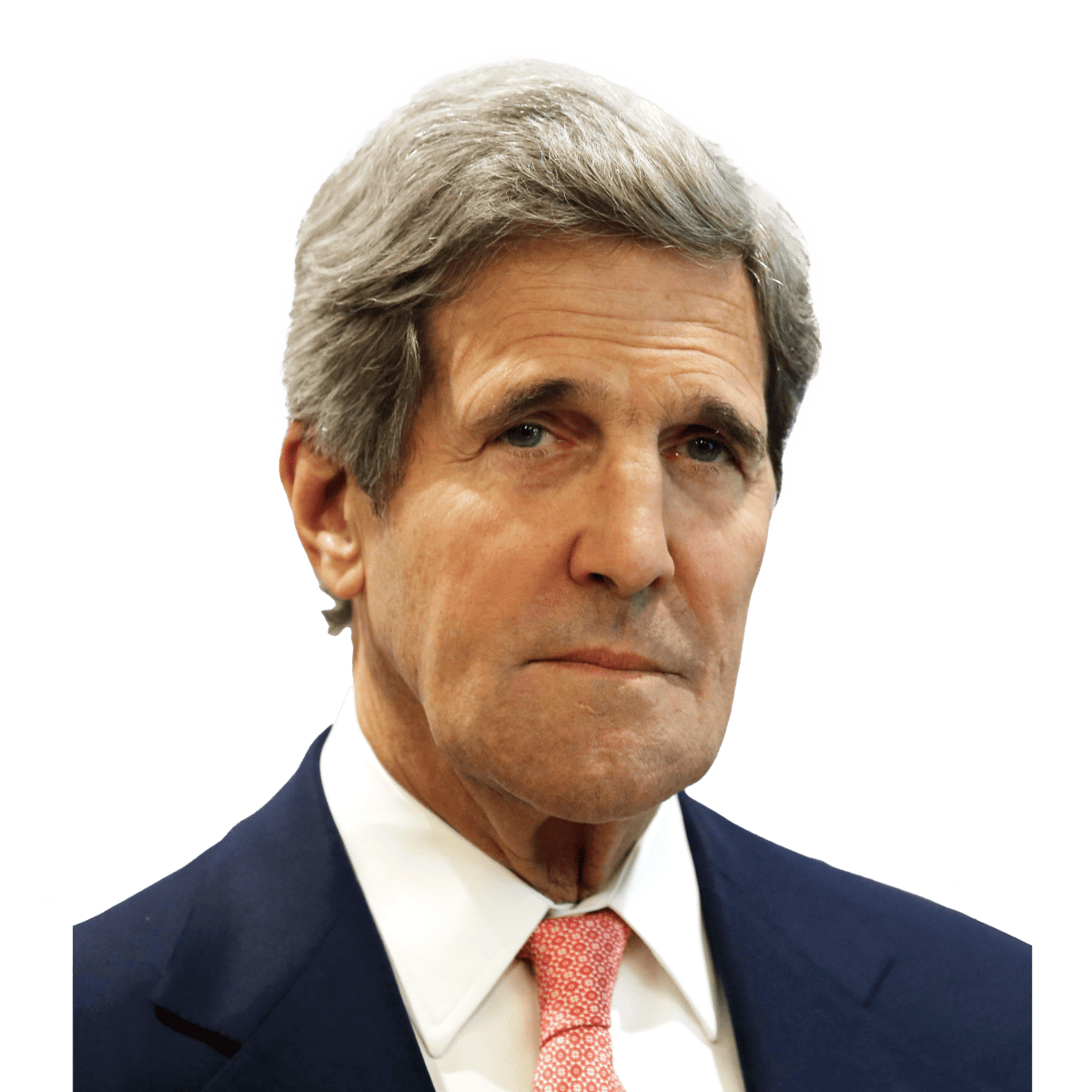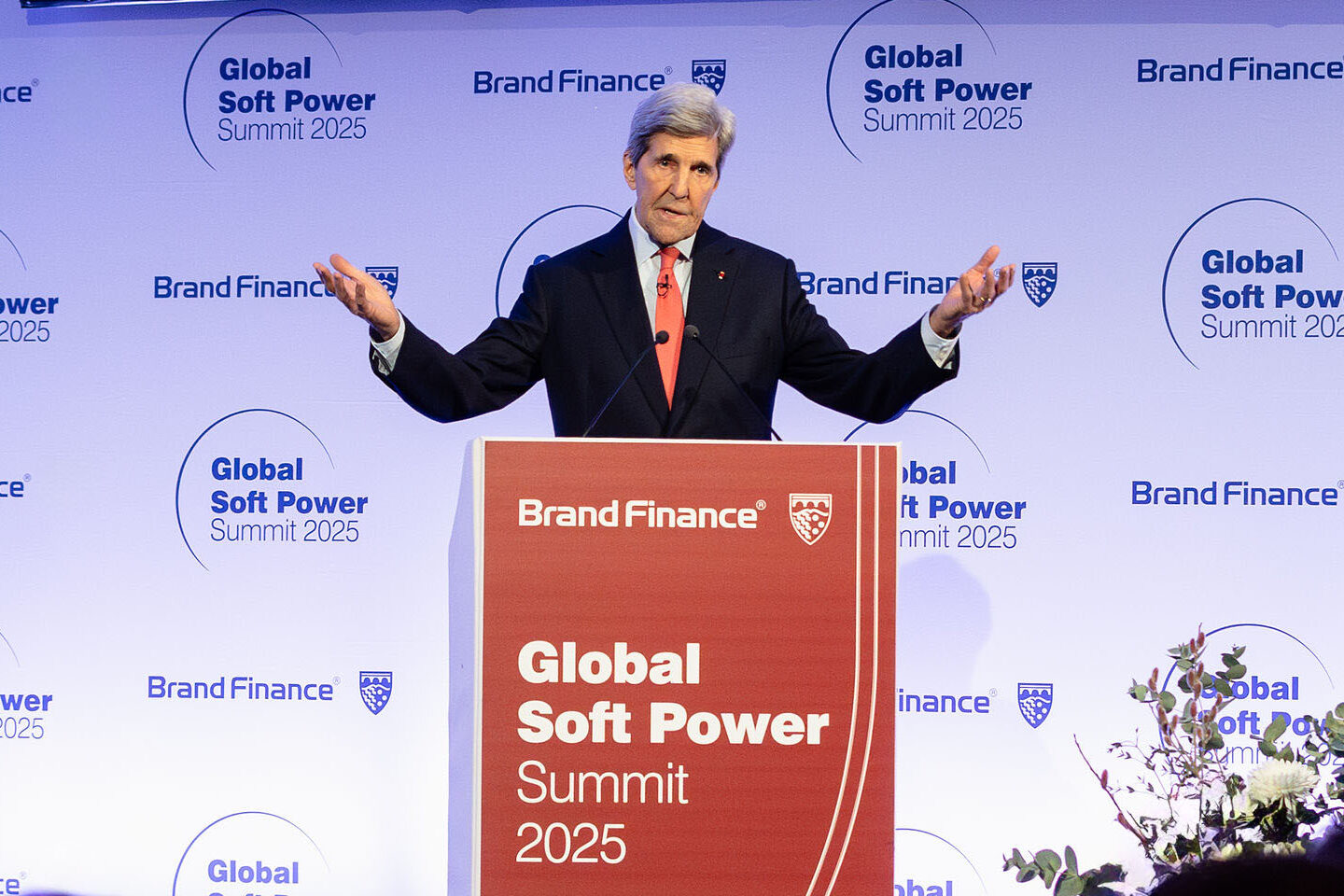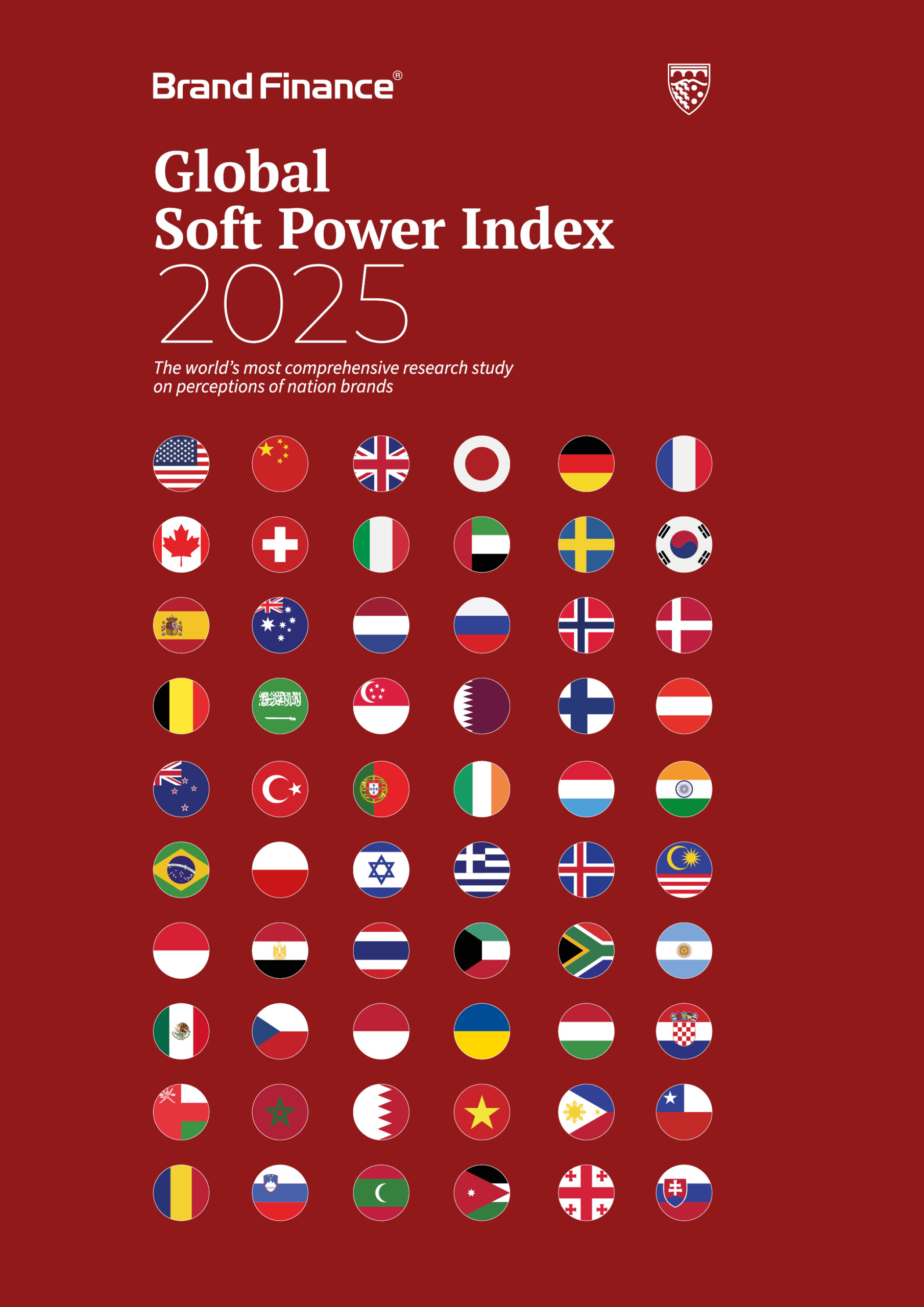This article was originally published in the Brand Finance Global Soft Power Index 2025
On Thursday 20 February 2025, John Kerry delivered the keynote speech at the Global Soft Power Summit. This is an edited and abbreviated extract from that speech.

68th U.S. Secretary of State
The emergence of Soft Power
The Cold War, which defined the emergence of soft power—building on the early championing of the League of Nations and later the creation of the United Nations— reminds us that our global order was deliberately crafted in the aftermath of World War Two. It is incumbent upon us, generation after generation, to actively engage rather than remain passive bystanders.
We are living in a very unique time—not just in the UK or the US, but everywhere in the world. In my view, a significant disruption has occurred with the rise of populism.
This is largely because governments are not delivering as they should, and many of our chosen systems have, to some degree, been degraded or even polluted by special interests that serve their own needs while leaving an awful lot of ordinary people behind.
This is not only true in my country but in many parts of the world. Broadly speaking, ordinary citizens did not share adequately in the gains of globalisation. What we are witnessing now is the natural counter-reaction that history always brings.

The Vietnam Soft Power initiative
When I was a young Navy lieutenant, fresh from university and commanding a 50foot gunboat in the Mekong Delta, I embodied the tip of the spear—hard power. For more than a decade, the United States dropped more munitions on Vietnam, Laos, and Cambodia than were used throughout Europe in World War Two.
Recognising the limitations of hard power— as we now see in Ukraine and elsewhere— I returned to Vietnam in the 1990s as a young United States Senator working alongside Senator John McCain. Together, we sought peace with Vietnam following the Paris Accords, at a time when domestic divisions in the United States were deep.
We launched a series of soft power initiatives: addressing the legacy of Agent Orange, establishing student exchange programmes, rescuing boat people, and creating a major leadership initiative in partnership with Harvard University.
This programme even brought former Politburo members to study in the United States. Step by step, these efforts enabled President George H. W. Bush to lift the embargo and later allowed President Clinton to normalise relations with Vietnam—demonstrating that, when implemented correctly, soft power can win where hard power falls short.
A call to sustain a shared global order
My personal history has taught me the fragility of civilisation. Growing up in Berlin, I was struck by signs proclaiming “Built by the Marshall Plan”. My mother—born in Paris and later a nurse during the Nazi advance—and my grandfather, who rebuilt our family home in Brittany after its seizure and destruction by the Germans, instilled in me a lasting awareness of how close we have come to chaos.
History shows that stability is not accidental; it was deliberately forged by free nations in response to unchecked aggression.
Today, that global order is under threat—from rising spending by China and the disruptive choices made by leaders such as Putin, to the erosion of initiatives like USAID. We must reassert leadership, as exemplified by Churchill and Roosevelt, and uphold the values of human rights, the rule of law, and shared responsibility.
Our multilateral institutions and a rulesbased economic system are essential. If we retreat from the soft power that has built our world over the past 70–80 years, we risk descending to the lowest common denominator. The road ahead is clear: we must sustain, strengthen, and build upon this global order for our collective future.

